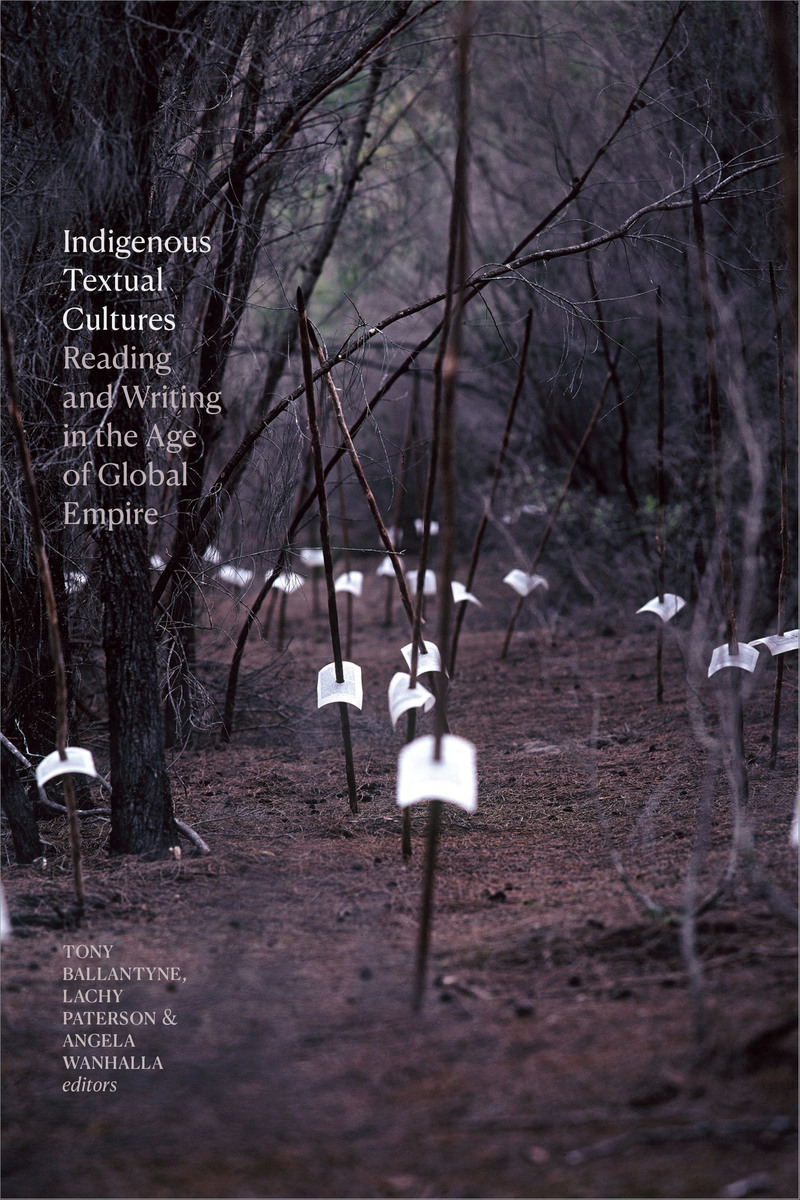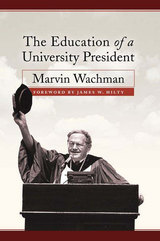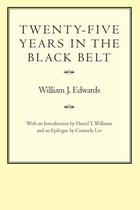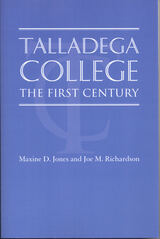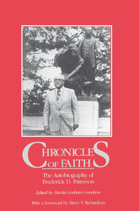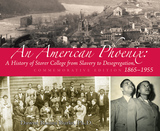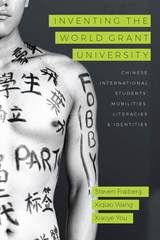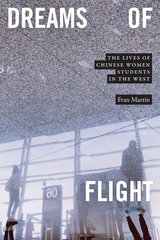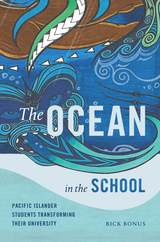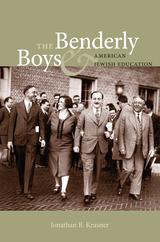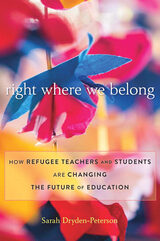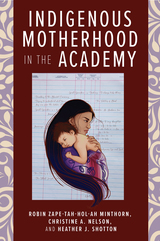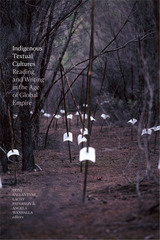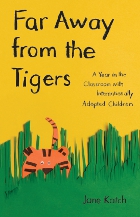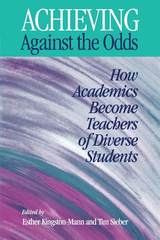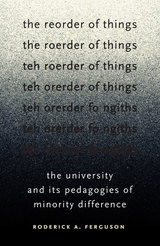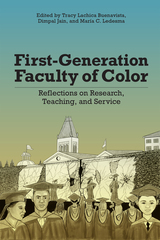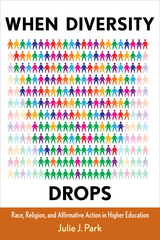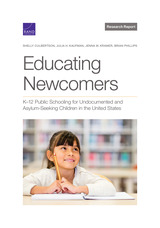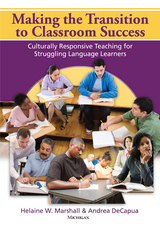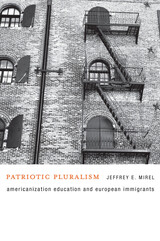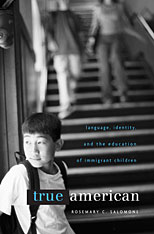Indigenous Textual Cultures: Reading and Writing in the Age of Global Empire
Duke University Press, 2020
Cloth: 978-1-4780-0976-4 | Paper: 978-1-4780-1081-4 | eISBN: 978-1-4780-1234-4
Library of Congress Classification LC3719.I55 2020
See other books on: Books and reading | Colonization | Communication | Indigenous peoples | Reading
See other titles from Duke University Press
Cloth: 978-1-4780-0976-4 | Paper: 978-1-4780-1081-4 | eISBN: 978-1-4780-1234-4
Library of Congress Classification LC3719.I55 2020
ABOUT THIS BOOK | AUTHOR BIOGRAPHY | REVIEWS | TOC | REQUEST ACCESSIBLE FILE
ABOUT THIS BOOK
As modern European empires expanded, written language was critical to articulations of imperial authority and justifications of conquest. For imperial administrators and thinkers, the non-literacy of “native” societies demonstrated their primitiveness and inability to change. Yet as the contributors to Indigenous Textual Cultures make clear through cases from the Pacific Islands, Australasia, North America, and Africa, indigenous communities were highly adaptive and created novel, dynamic literary practices that preserved indigenous knowledge traditions. The contributors illustrate how modern literacy operated alongside orality rather than replacing it. Reconstructing multiple traditions of indigenous literacy and textual production, the contributors focus attention on the often hidden, forgotten, neglected, and marginalized cultural innovators who read, wrote, and used texts in endlessly creative ways. This volume demonstrates how the work of these innovators played pivotal roles in reimagining indigenous epistemologies, challenging colonial domination, and envisioning radical new futures.
Contributors. Noelani Arista, Tony Ballantyne, Alban Bensa, Keith Thor Carlson, Evelyn Ellerman, Isabel Hofmeyr, Emma Hunter, Arini Loader, Adrian Muckle, Lachy Paterson, Laura Rademaker, Michael P. J. Reilly, Bruno Saura, Ivy T. Schweitzer, Angela Wanhalla
Contributors. Noelani Arista, Tony Ballantyne, Alban Bensa, Keith Thor Carlson, Evelyn Ellerman, Isabel Hofmeyr, Emma Hunter, Arini Loader, Adrian Muckle, Lachy Paterson, Laura Rademaker, Michael P. J. Reilly, Bruno Saura, Ivy T. Schweitzer, Angela Wanhalla
See other books on: Books and reading | Colonization | Communication | Indigenous peoples | Reading
See other titles from Duke University Press
